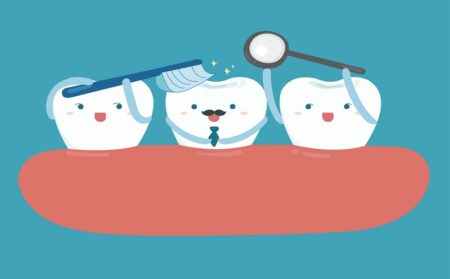THE Australian Dental Association (ADA) has called the Australian Government’s response to the Aged Care Royal Commissioners’ oral health recommendations “half-hearted and disappointing”.
The Royal Commission made recommendations that aged care staff improve their oral health skills, that aged care residents have greater access to oral health professionals and that a Seniors Dental Benefits Schedule (SDBS) be adopted for aged care residents as well as Age Pensioners and Commonwealth Seniors Health Card recipients in the wider community.
Currently, there is a Child Dental Benefit Schedule which covers up to $1,000 worth of basic dental services for Australians up until the age of 17.
An SDBS would provide similar subsidies for people once they reach Age Pension eligibility age.
But what about people aged 18 to 64? Oral health is important during all stages of life not just during childhood and old age.
CPSA argued in submissions to the Aged Care Royal Commission that it would rather see the funding for existing public dental services increased rather than to superimpose an SDBS.
Currently, trips to the dentist are not covered by Medicare so people without private health insurance must foot the entire bill or people who are eligible for free, public dental appointments must endure long waits for these services.
As of March 2021, the NSW public dental waiting list had almost 115,000 adults waiting to be assessed or treated. For people just wanting a dental check-up the wait can be years long.
In response to the recommendation to establish an SDBS, the Australian Government has said it will be “subject to further consideration”.
CPSA suggests that during this consideration period, in which the Government has until 2023 to make a decision, that the Government consider funding existing schemes to provide adequate public dental care.
Existing public dental schemes should be turned into entitlement schemes for eligible adults of all ages so that preventative dental care can be conducted rather than the current drastically underfunded system that only has the resources to mainly seeing people who have serious urgent oral health conditions.
